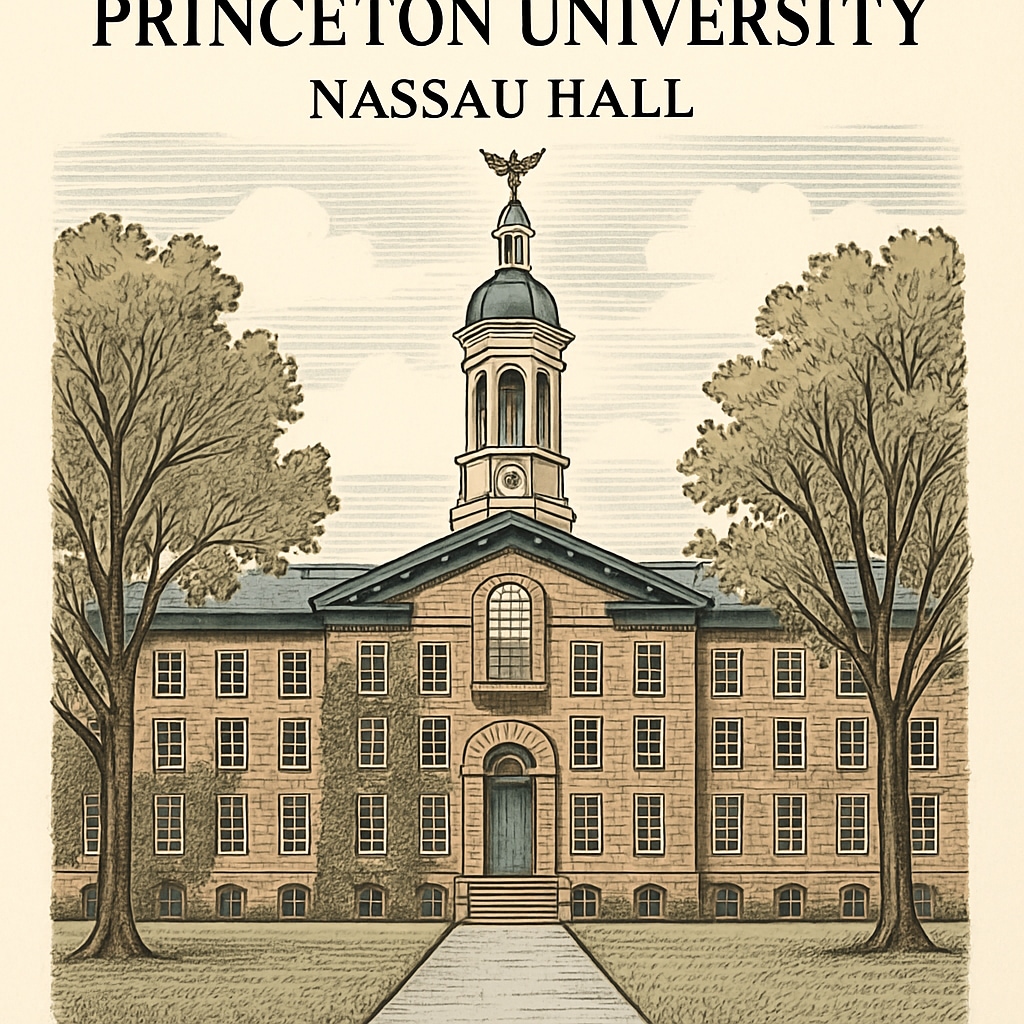The reputation of Princeton and other Ivy League schools often precedes them. Many believe these elite institutions offer unparalleled education and opportunities, but are they truly worth their high status? This article explores whether Princeton and the Ivy League might be overrated, examining the gap between their societal prestige and actual educational value.
Are Ivy League Schools Living Up to Their Reputation?
Princeton and its Ivy League peers such as Harvard, Yale, and Columbia have long been symbols of academic excellence, often ranking among the top universities globally. Their alumni lists boast Nobel laureates, business leaders, and political figures, which further solidifies their reputation. However, some critics argue that this prestige relies more on tradition and branding than on measurable educational superiority.
For example, while Ivy League schools often attract top-tier students, the actual teaching methods and resources they provide are not always unique. Comparable institutions outside the Ivy League, such as Stanford or MIT, also deliver world-class education but lack the “Ivy League” label. This raises the question: are Ivy League schools benefiting from an outdated reputation rather than offering distinct value?

The High Cost of Prestige
One major concern with Ivy League schools is their cost. Tuition at Princeton, for instance, exceeds $50,000 annually, not counting room and board. While many students receive financial aid, the sticker price can deter talented candidates from less affluent backgrounds. Critics argue that these institutions could do more to promote accessibility and equity.
Moreover, the return on investment (ROI) of an Ivy League degree is increasingly scrutinized. A study by Georgetown University’s Center on Education and the Workforce suggests that while Ivy League graduates often secure high-paying jobs, their salaries do not always justify the cost of their education. For example, graduates from less expensive public universities sometimes achieve similar earnings.

Understanding the Broader Education Landscape
To truly assess Ivy League schools, one must compare them to other universities. Institutions like the University of California, Berkeley, or the University of Michigan provide competitive programs at a fraction of the cost, often outperforming Ivy League schools in specific fields such as engineering or computer science.
Additionally, the rise of online education platforms like Coursera and edX has democratized access to high-quality learning. These platforms challenge the exclusivity of Ivy League institutions by offering courses from top universities to anyone with an internet connection. As a result, the traditional model of elite education faces growing competition.
Conclusion: Prestige vs. Practicality
While Princeton and other Ivy League schools undeniably offer excellent education and networking opportunities, their value may be overstated. The high cost, combined with the availability of alternative institutions and resources, prompts us to reconsider whether their prestige is truly justified.
Ultimately, prospective students should weigh their options carefully, considering factors such as affordability, program quality, and career aspirations rather than relying solely on reputation. The education landscape is evolving, and the Ivy League may need to adapt to maintain its relevance in the modern era.
Readability guidance: This article uses concise paragraphs, lists, and transitions to ensure clarity. Academic terms are explained when introduced, and active voice is prioritized to enhance engagement.


